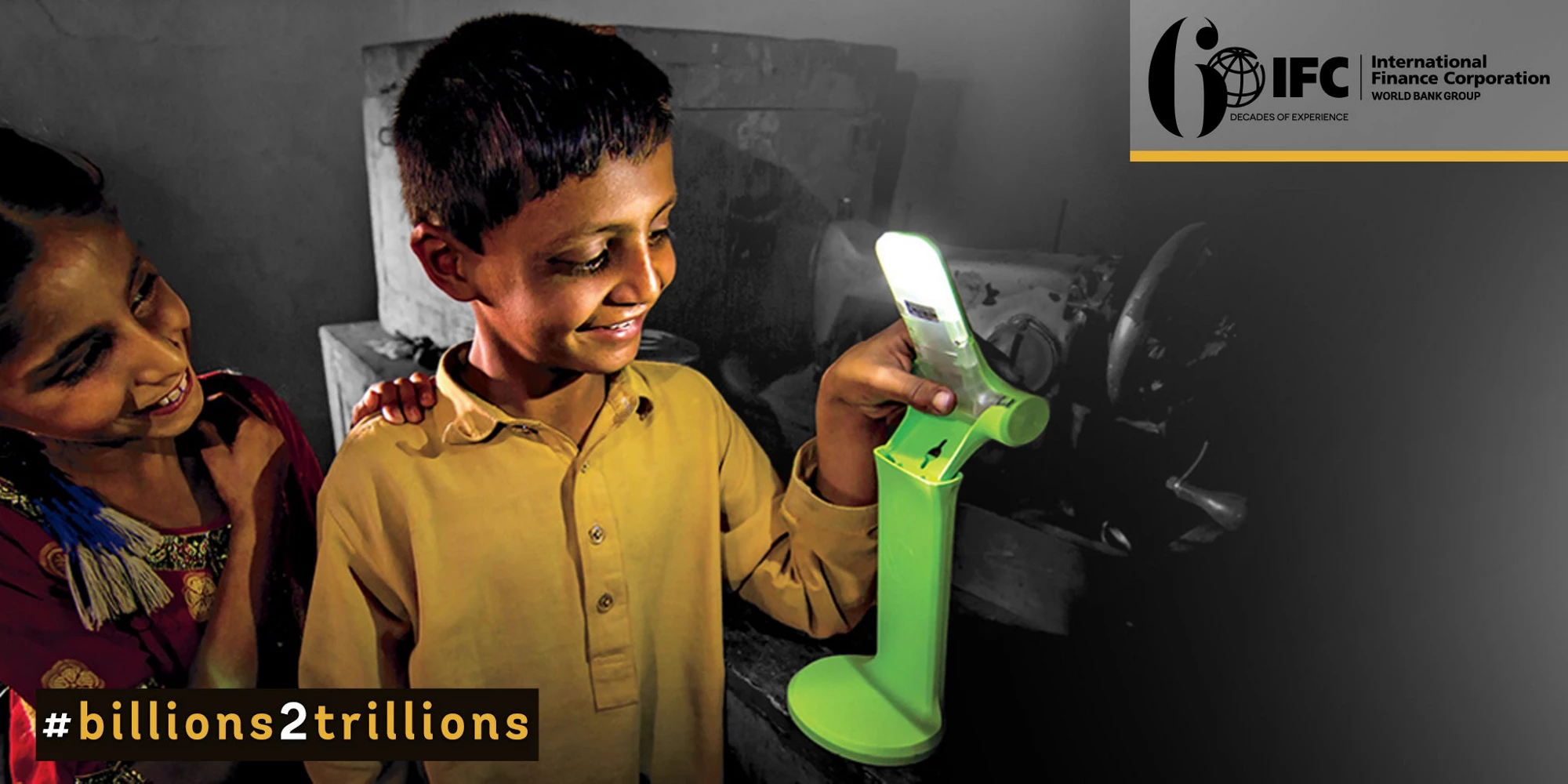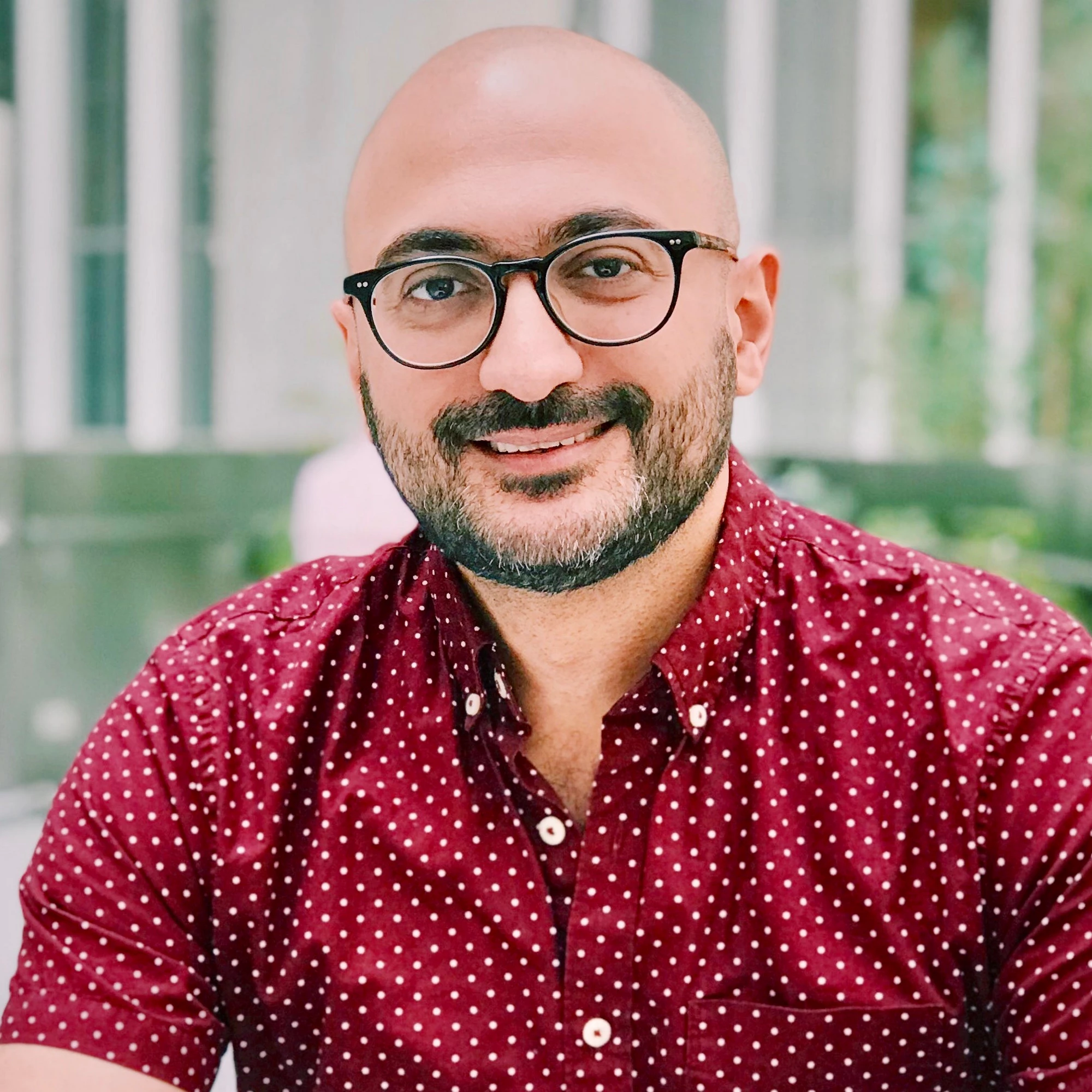
Urgent action is needed to mobilize, redirect and unlock trillions of dollars of private resources to ensure global growth and shared prosperity.
Since 1956, the International Finance Corporation (IFC), the World Bank Group’s member focused exclusively on the private sector, leveraged $2.5 billion in paid-in capital from its shareholders to invest over a trillion dollars for private sector development. IFC’s 60 years of experience has demonstrated the private sector’s ability to create innovative, commercially viable solutions that deliver development impact.
“A year ago, we all signed up to the Sustainable Development Goals. The only way to achieve these goals is if private capital funds them and private business implements them,” said Gavin Wilson, CEO of IFC’s Asset Management Company (AMC) during the World Bank Group/IMF Annual Meetings 2016.
“That’s why we came up with the phrase ‘Billions to Trillions’ last year with our multilateral institutions in the run-up to the Addis conference on financing for development,” he added.
But what does “Billions to Trillions” actually mean? Wilson explained that “we must convert billions of official assistance … to the trillions in total financing.” But he raised a very important question: how are we going to combine commercial capital with development needs?
“By definition, going from billions to trillions means that you have to be a thousand times better at what you’re doing ,” said Panelist Thomas Konditi, President and CEO, Africa, GE Transportation. “So really, you can’t look at incrementalism in addressing the question.”
He added that anything that focuses on good projects and innovation, de-risking them and addressing some of the structural gaps is going to make a difference.
On how to invest and allocate capital, Teresa C. Barger, CEO and CIO of Cartica Management, LLC, said that in the emerging markets, country selection is the most important element in achieving outperformance in investment.
“The size of the markets to be tapped is huge,” said panelist Afsaneh M. Beschloss, Founder and CEO of Rock Creek Group. “The growth factor [of developed countries] in the emerging markets –despite everything negative that we read –is still double.”
She added that for an investor looking at global opportunities, the fact that emerging markets will in the next five to ten years be growing double the rate of developed markets is a really important factor. She also stressed that some of the tools out there in the basic markets are ones that we could benefit from.
Earlier today, IFC has launched MCPP Infrastructure, an innovative program that aims to raise $5 billion from global institutional investors to modernize infrastructure in emerging markets over the next five years. MCPP will open up a new stream of capital flows to improve power, water, transportation, and telecommunications systems in developing countries.
“We believe [MCCPP Infrastructure] will be a historic moment if it works because defacto, we will create an asset class,” said panelist Philippe H. Le Houérou, Executive Vice President and CEO of IFC. "This is our one stone in the billion to trillion and a very practical one."


Join the Conversation